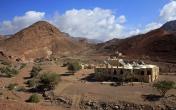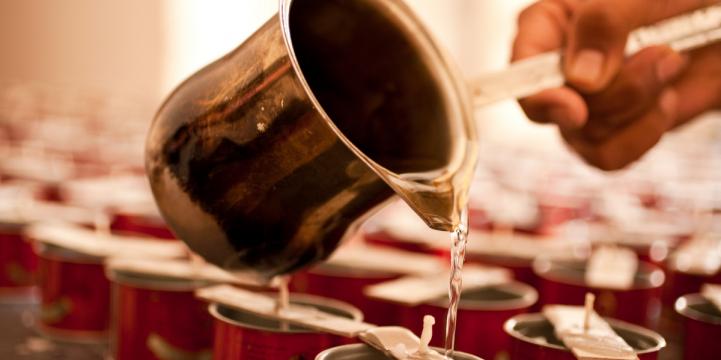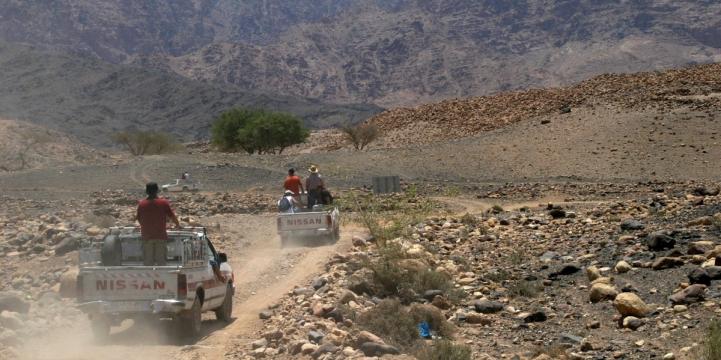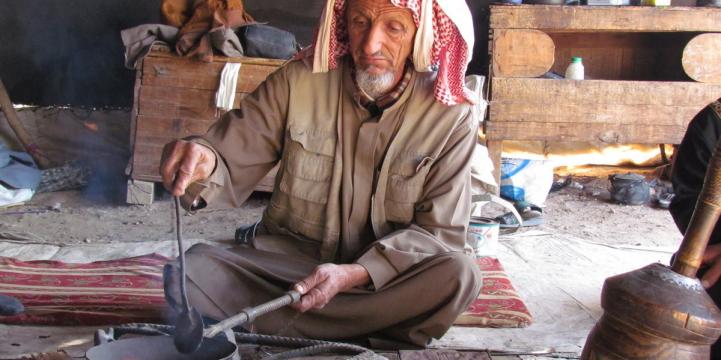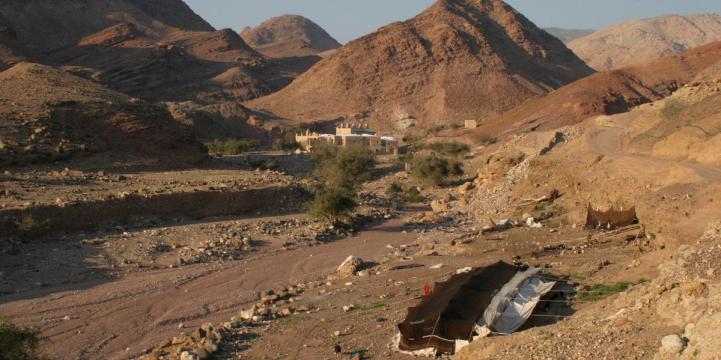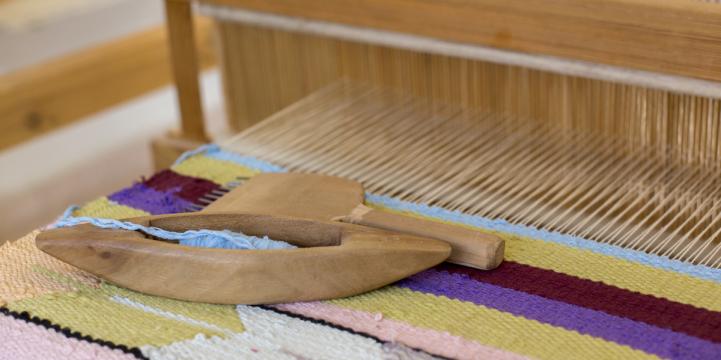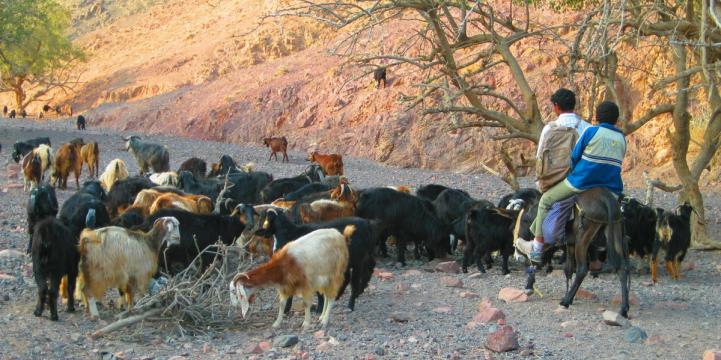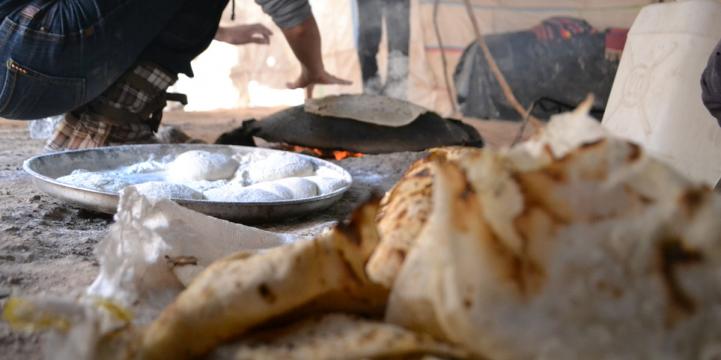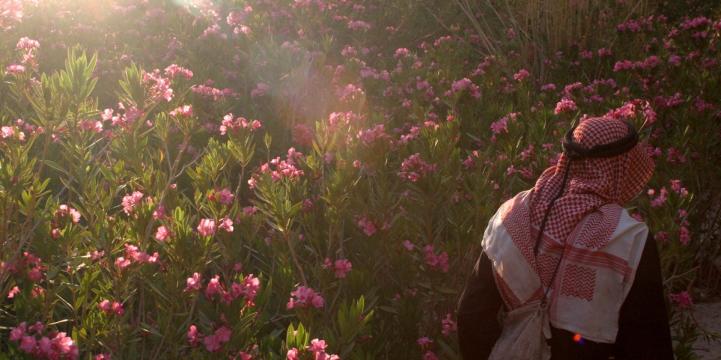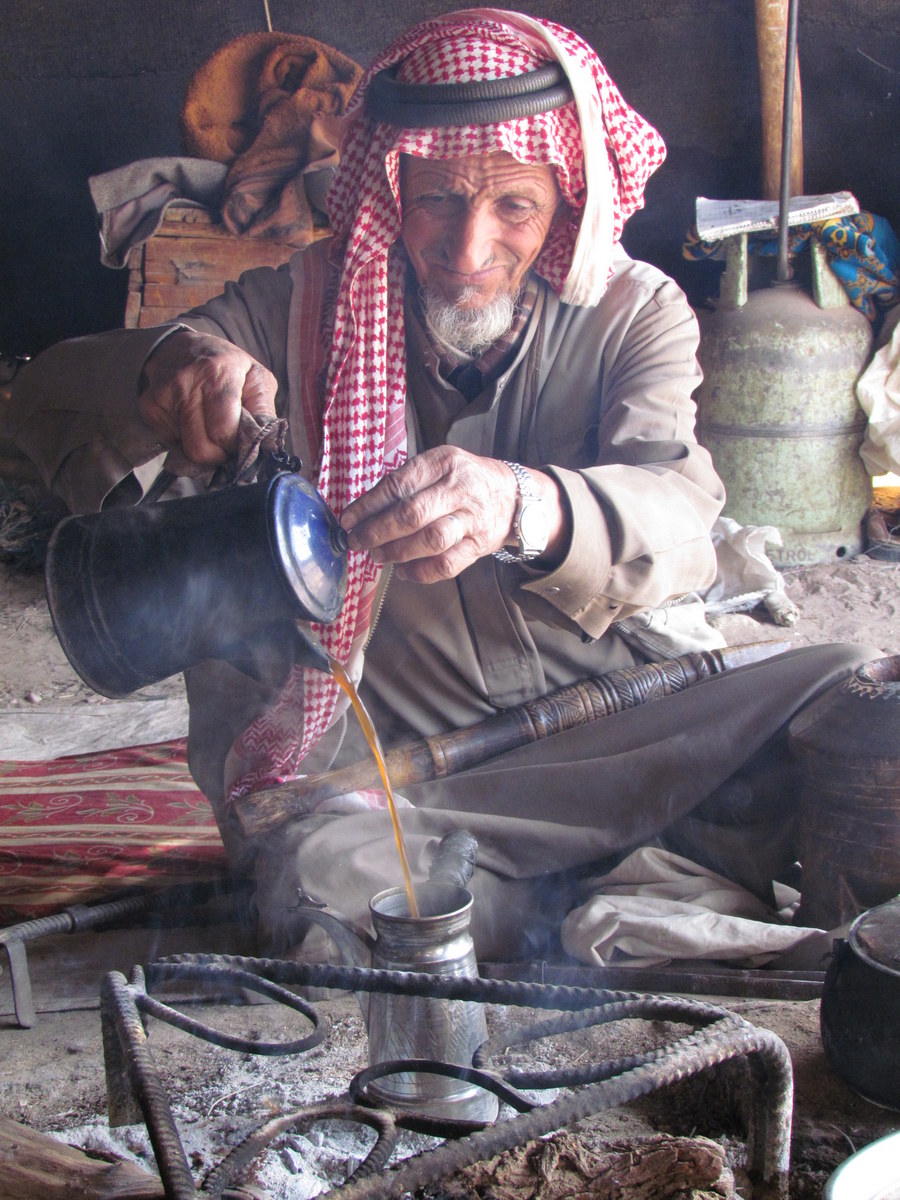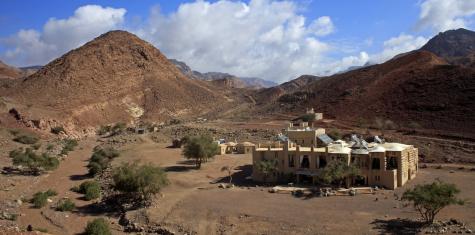There are four main tribes that live in and around the Feynan area, all of which are Bedouins. Bedouin, Bedu, or “desert dwellers” are the origin of the majority of the population in Jordan and are often considered as the backbone of the Kingdom due to their valuable contribution to the country’s culture and heritage. The tribal structure of Arab society is also most visible among the Bedouins, where the clan is at the centre of social life. Historically they have been known to endure the desert and have learned to survive its unforgiving climate. However today, Bedouin culture has transformed as many abandoned the harsh traditional lifestyle and joined the urban migration into modern day villages and cities.
When visiting Feynan you will encounter what is arguably one of the last remaining Bedouin communities that continue to live in their traditional lifestyle in Jordan. You will have the rare opportunity to witness human development in the making, urbanisation, and the reality of a traditional culture trying to adapt to the new world. Tourism has been proven to be a great tool in preserving dying cultures, and although we do not have the right or intend to get in the way of development, your visit to Feynan has revived a strong sense of cultural identity among its small population. They take pride in their culture and heritage and feel honoured to receive guests from around the world eager to learn more about their way of life.
The Bedu of Feynan continue to live in the characteristic black goat-hair tents known as beit al-sha’ar, or “house of hair”, and still practice a modern form of pastoralism, camping in the valley during winter, grazing their herds of goats, sheep or camels and moving to higher plateaus to relieve the heat of the summer. Often the only concession they make to the modern world is the acquisition of a pick-up truck, mobile phones, plastic water containers and perhaps a kerosene stove.
Life is changing in Feynan; many communities have moved on to urban life and set up the villages of Greigra (Qurayqura) and Rashaydeh (New Feynan) which you pass on the way to the lodge. Settlement is being driven by the desire for access to schools, medical facilities, water and electricity. The communities living near the lodge continue to travel, however they move short distances depending on the season, and stay within close proximity to the school for their children and the lodge where a number of them are employed or provide guest shuttle services. Today Bedouins in Feynan are more likely to pick a good spot for their home based on mobile phone reception rather than access to water.
It is safe to say that many of the characteristics of the Jordanian and Arab society are found in their strongest form in Bedouin culture. Most travellers to Jordan leave with the fondest memories of people’s hospitality, a trait that is part of Bedouins’ creed and deeply rooted in the harshness of desert life; no traveller is turned away.
Your presence in Feynan creates much needed job opportunities and plays a big role in preserving the culture and rekindling the locals pride in their way of life. We encourage you to engage with the staff during your stay and encourage you to respect their way of life and appreciate the simplicity that they continue to enjoy in life. There are many lessons to be derived from the Bedouin way of life; as the urban world continues to be more and more demanding and delves deeper into the trend of consumerism, the Bedouin life style serves as a much needed reminder of the human ability to survive happily with little and to connect with nature.
